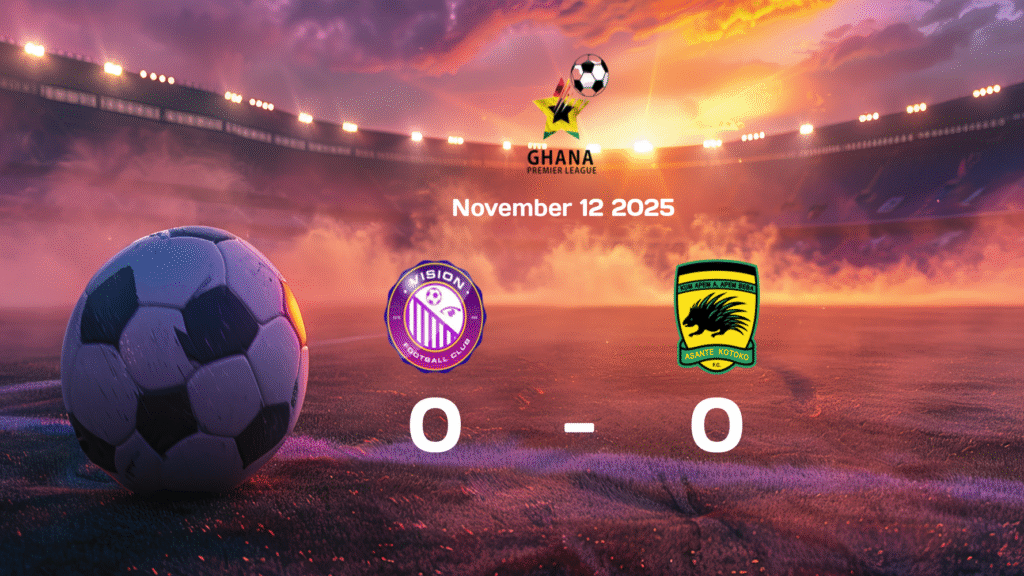Thames Valley School Trustee Resistance to School Cops’ Return Sparks Debate

A contentious proposal to reintroduce police officers into London-area schools faced trustee resistance during a recent Thames Valley District school board committee meeting. The program, known as the School Resource Officer (SRO) program, had been suspended following the police killing of George Floyd in the United States in 2020 and amid the Black Lives Matter movement.
The program’s fate was reviewed by a committee on Tuesday, following a report prepared by the consulting firm Centre for Organizational Effectiveness. The report recommended pausing or discontinuing the SRO program until substantial changes were implemented. If reintroduced, it suggested a revamped version as a pilot project in a “family of schools” and in a rural context.
Divided trustees engaged in a heated discussion during the committee meeting, resulting in a seven-to-five vote to advance the review to a regular board meeting next month. The vote, while not recorded, reflected the diverse opinions on the issue.
London trustee Marianne Larsen voiced strong opposition, citing numerous studies that unequivocally concluded that SRO programs in any form do a disservice and harm to racialized students, particularly those who are Black, Indigenous, or otherwise marginalized.
Trustees Lori-ann Pizzolato and Sherri Moore, along with Indigenous trustee Carole Antone, raised concerns about the need for more information before considering the proposed pilot program. Antone emphasized the importance of understanding the details of the pilot, suggesting that further clarity was required.
The proposed changes, if approved in the coming year, would involve schools completing a “readiness assessment” to demonstrate their commitment to incorporating the voice of youth and the proposed model for police presence in non-emergency situations.
The revised role of school community officers would adopt a mentorship approach, engaging with students at community events, attending parent council meetings, and participating in school-planned educational activities. Additionally, officers may be involved in extracurricular activities, such as sporting events, school plays, and cultural events, and may coach school teams.
The proposed model emphasizes training for resource officers, including anti-racism sessions at the beginning of the school year and orientation sessions with school administration. Before 2020, school police officers in the London area played various roles, teaching about alcohol and drugs, addressing specific issues with teachers, acting as mentors, and providing information on policing careers.
The program’s review, based on one-on-one interviews with students, highlighted that the presence of officers could be “triggering or retraumatizing” for some students. The debate underscores the ongoing discourse around the role of police in educational settings and the potential impact on marginalized student populations.













